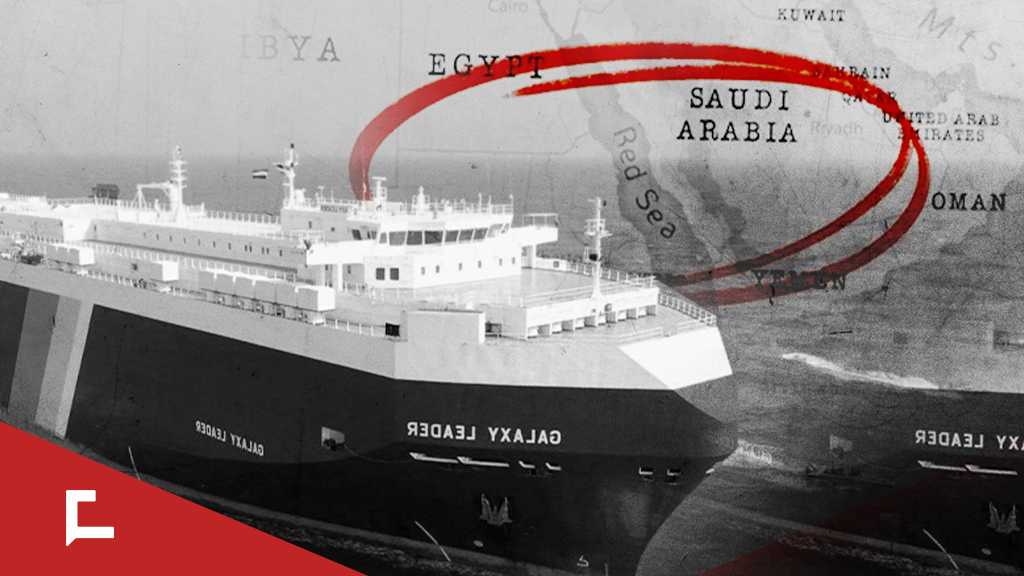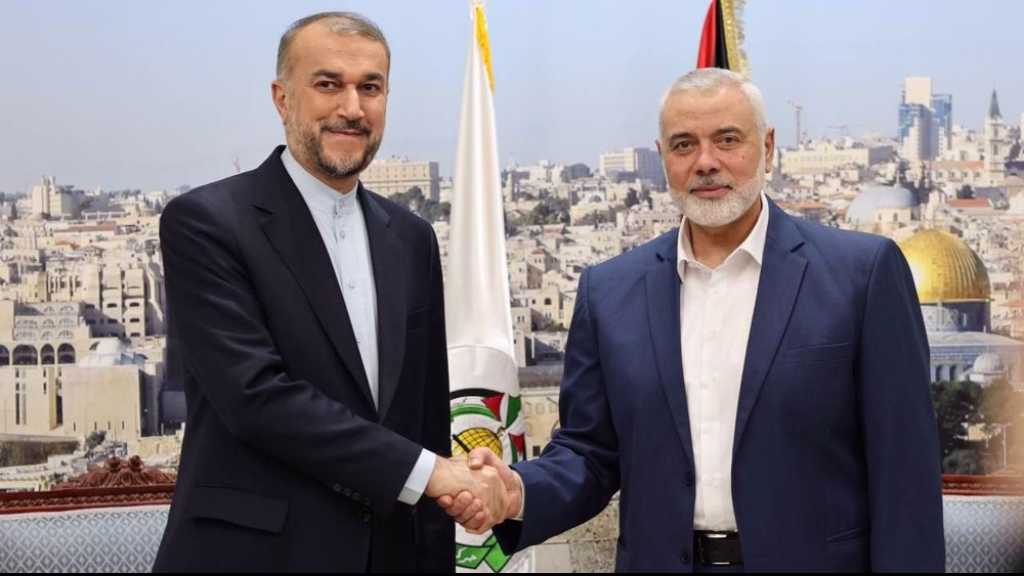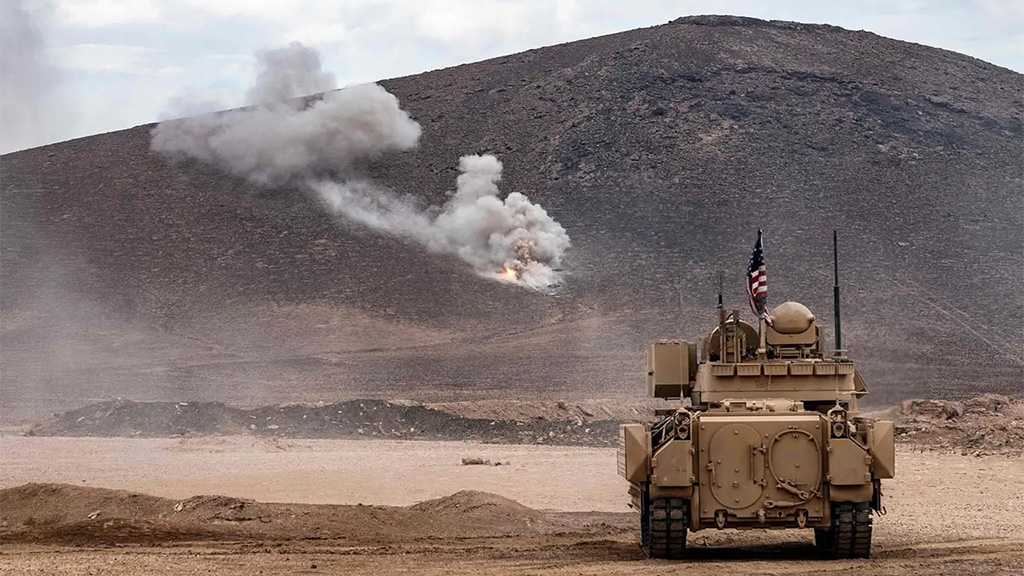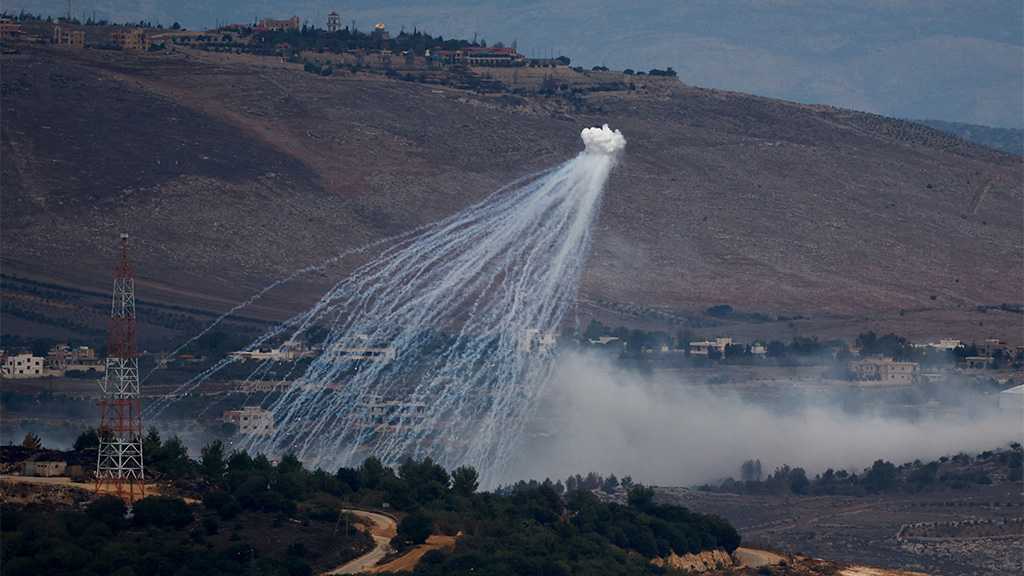
Gulf Crisis: Pentagon Reaffirms ‘Strategic Security Partnership’, Mutual Interests with Qatar
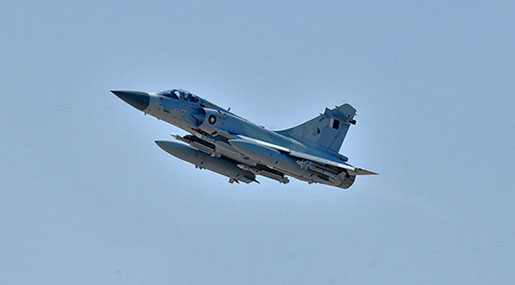
Local Editor
Washington still sees Qatar as a reliable and strategic partner in the US-led anti-Daesh [the Arabic acronym for the Takfiri ‘ISIS/ISIL' group] coalition, despite the ongoing blockade of the Gulf state by four Arab countries which promised to intensify its sanctions regime over Doha's alleged support of terrorism.
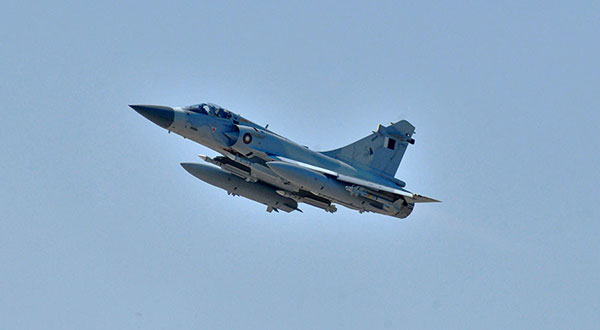
In this respect, US War Secretary Jim Mattis discussed the "deepening" of the "strategic security partnership" between Washington and Doha with Qatari Minister of State for Defense Affairs Dr. Khalid al-Attiyah, the Pentagon announced.
"The secretary and the minister affirmed the strategic security partnership and discussed mutual security interests, including the current status of operations against ISIS," Pentagon chief spokesperson Dana W. White said in a press release.
Mattis especially "emphasized the importance" of Qatar's role in the US-led anti-Daesh coalition, highlighting Doha's recent "contribution of C-17 cargo aircraft to the campaign to defeat Daesh."
In June, at the onset of the Gulf political crisis, Mattis and Al-Attiyah sealed a $12 billion deal for the purchase of up to 36 US-made F-15 fighter jets. At the time, the Pentagon said the agreement will give Doha a "state-of-the-art capability and increase security cooperation and interoperability between the United States and Qatar."
The deal was signed despite US President Donald Trump labeling Qatar a "high-level" sponsor of terrorism, and which the US has nevertheless been supplying with top-level military technology for years.
In 2008, under the Obama administration, the US sold C-17 and C-130 cargo planes to Qatar. In 2014, Washington supplied Qatar with Apache helicopters, Patriot surface-to-air missiles and Javelin anti-tank missiles, according to Forbes.
Meanwhile, Saudi Arabia, the United Arab Emirates, Bahrain and Egypt promised to impose additional "political, economic and legal measures" on Doha for its alleged support of terrorism. The announcement came a day after Qatar refused to honor a list of 13-demands, ignoring a newly set deadline which expired Wednesday.
Source: News Agencies, Edited by website team
Comments
- Related News
